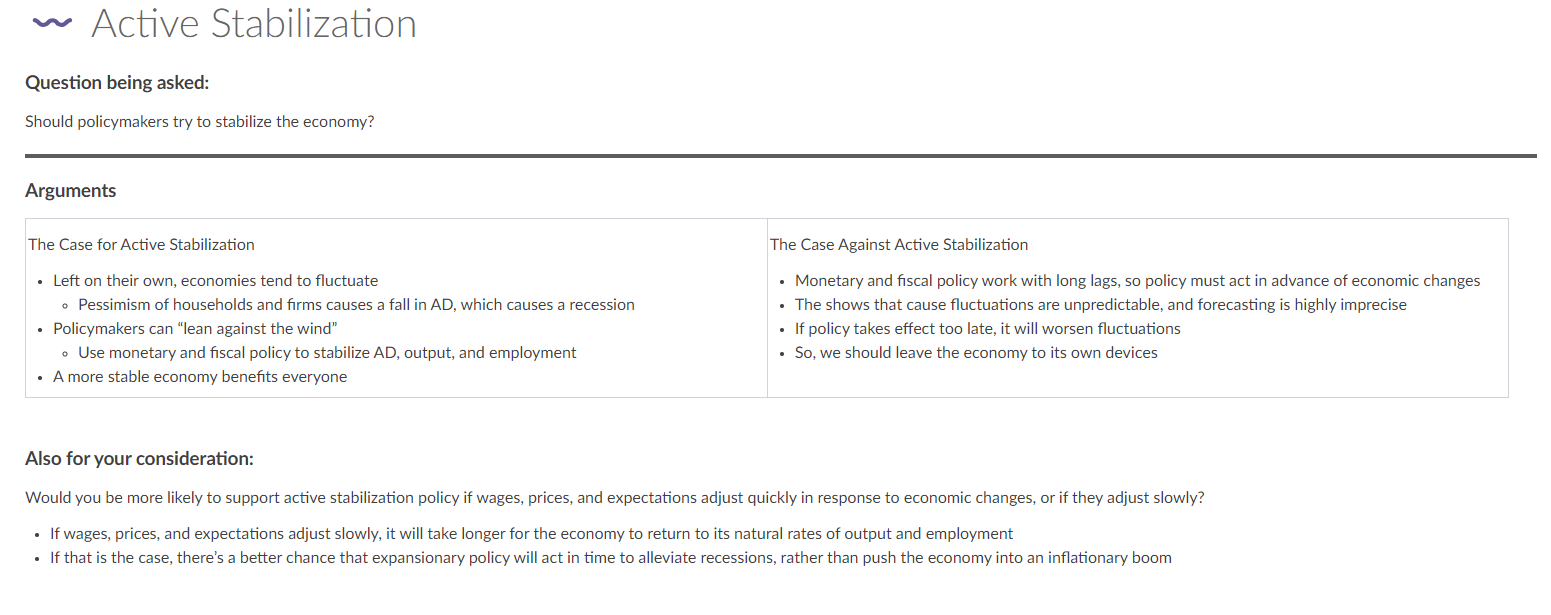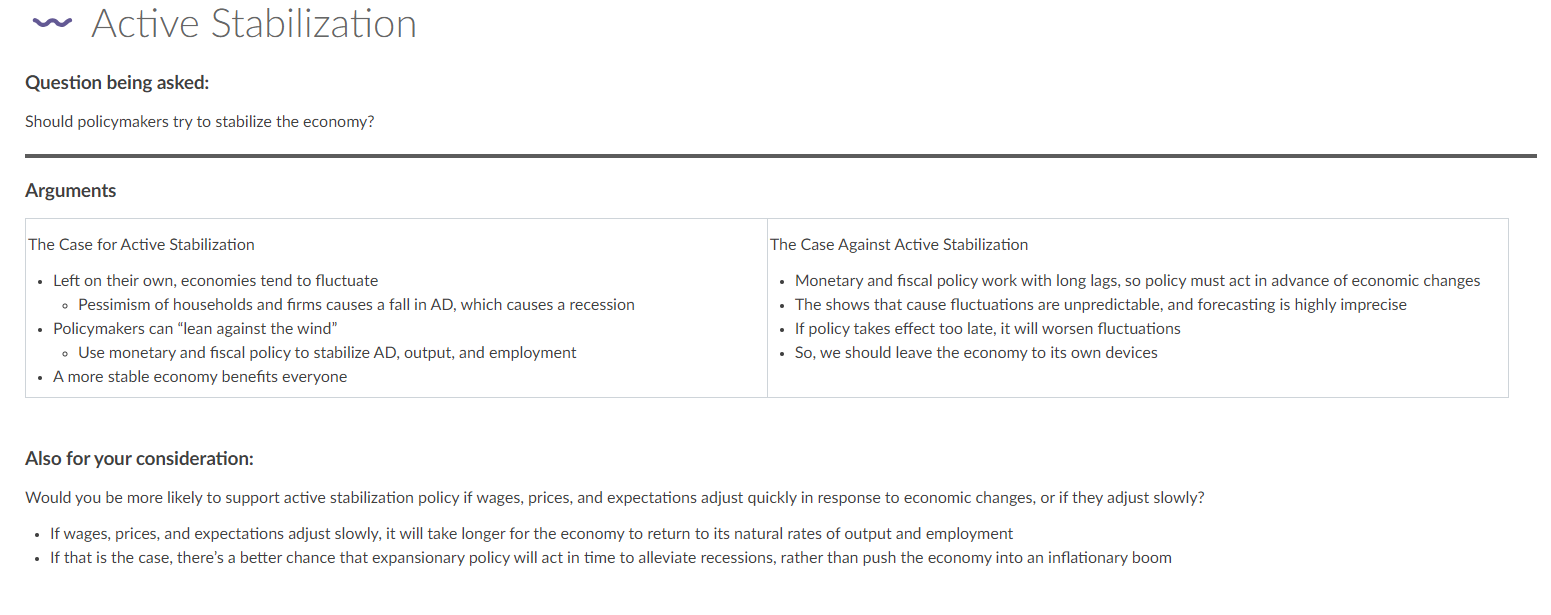Answered step by step
Verified Expert Solution
Question
1 Approved Answer
Make a journal entry analyzing ONE of the two debates include: the basics question being asked and the principles addressed a summary of the arguments


Make a journal entry analyzing ONE of the two debates
- include:
- the basics question being asked and the principles addressed
- a summary of the arguments on both sides of the debate
- your viewpoint on the debate - which side would you take?
- why you would choose that side


Step by Step Solution
There are 3 Steps involved in it
Step: 1

Get Instant Access to Expert-Tailored Solutions
See step-by-step solutions with expert insights and AI powered tools for academic success
Step: 2

Step: 3

Ace Your Homework with AI
Get the answers you need in no time with our AI-driven, step-by-step assistance
Get Started


